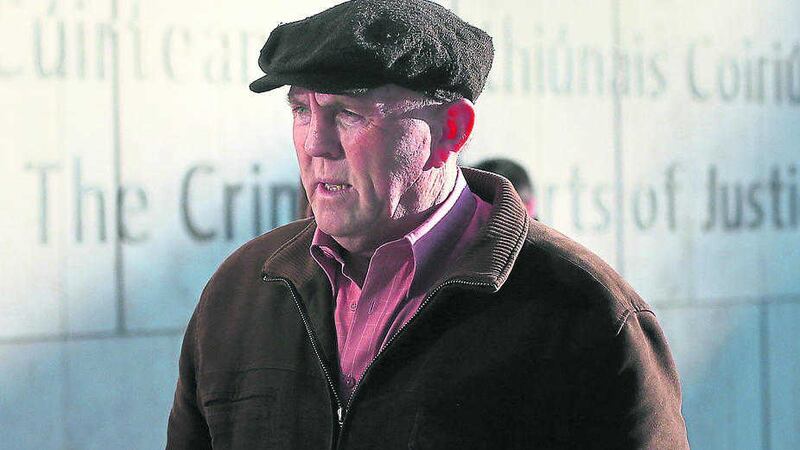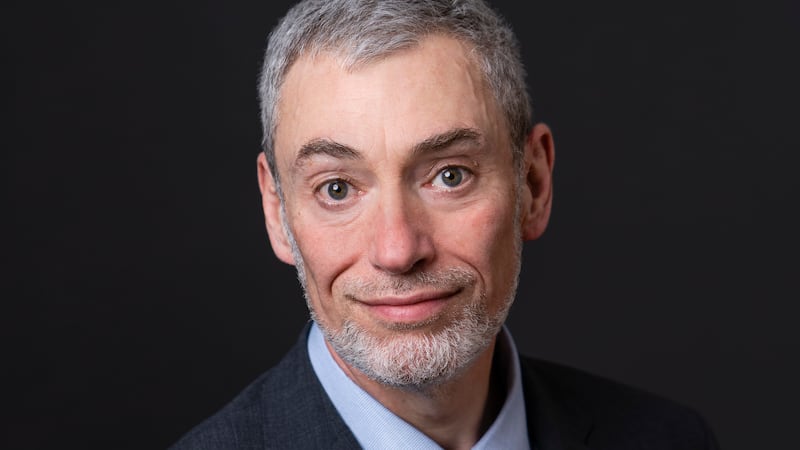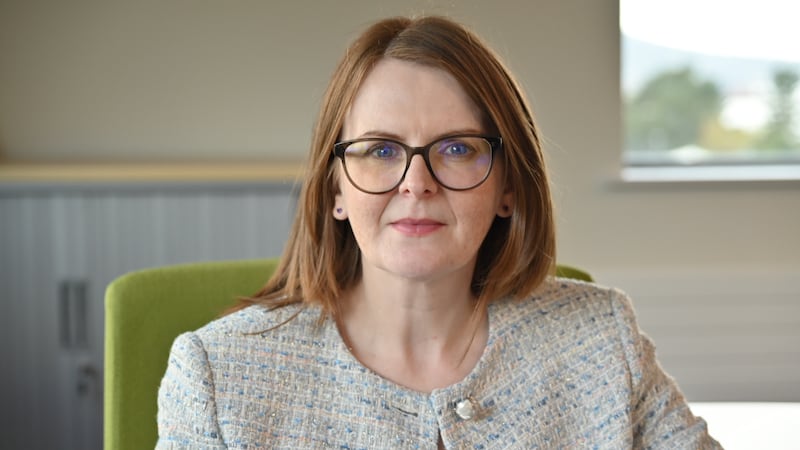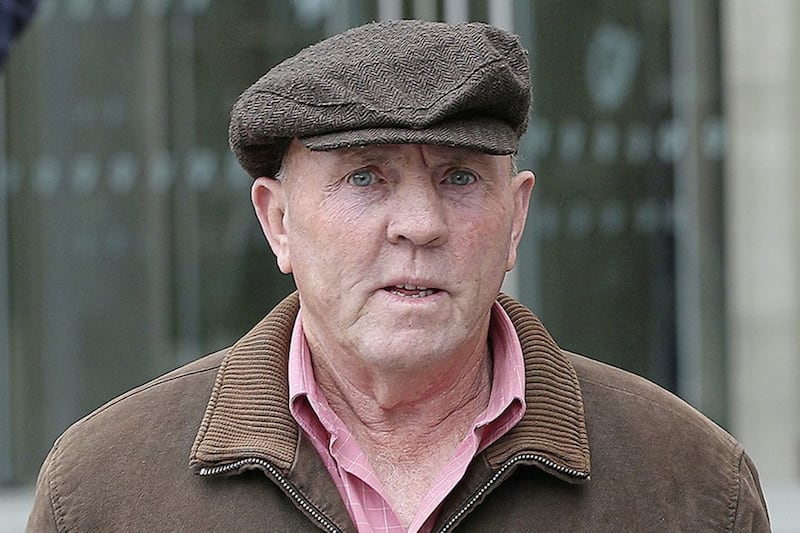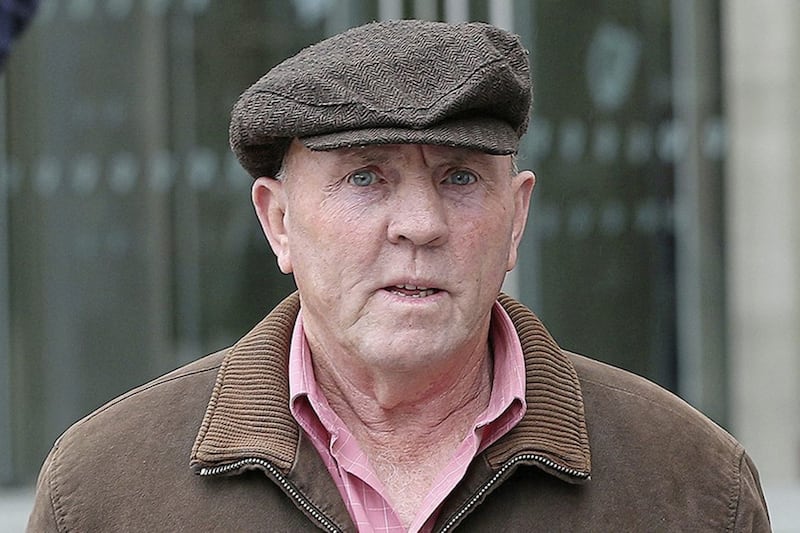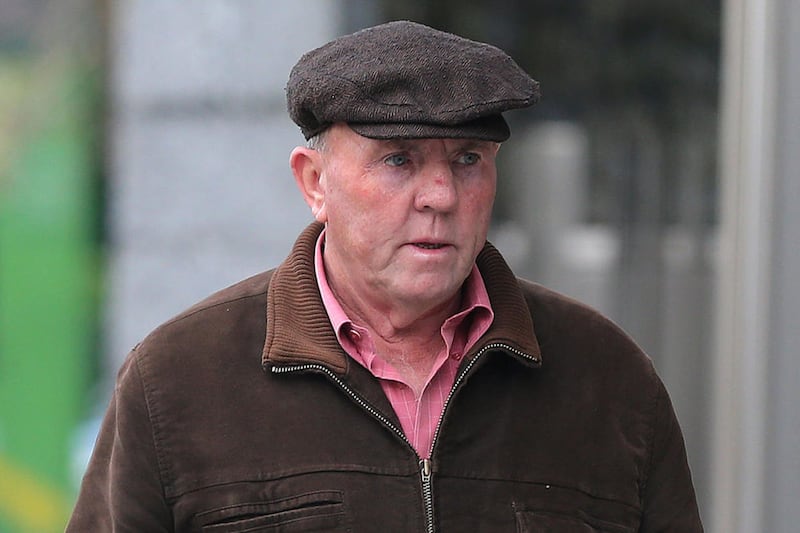JUDGES in the non-jury trial of prominent republican Thomas 'Slab Murphy on tax evasion charges have reserved judgment.
Mr Justice Paul Butler adjourned the trial at the Special Criminal Court in Dublin on Wednesday until December 17.
Murphy (66) from Ballybinaby, Hackballscross, Co Louth, denies nine charges of tax evasion.
The case relates to the alleged failure to comply with tax laws in the Irish Republic by not furnishing authorities with a return of income, profits or gains or the sources of them over eight years from 1996 to 2004.
Mr Justice Butler, presiding on a panel of three judges, told the court: "We hope to be able to deliver a judgment on the 17th, but it's by no means certain that we can.
"I have my doubts."
Murphy was remanded on continuing bail as he awaits the verdict.
In a short hearing, closing the fourth day of final submissions in a 32-day trial, defence senior counsel John Kearney told the court a series of issues had been raised during the lengthy hearings which gave rise to reasonable doubt.
The barrister said documents purporting to have been signed by Murphy had been forged.
"Forgery is a reality," he told the court.
During his closing submission, Mr Kearney told the court it was Patrick Murphy who ran the operation and controlled the finances of the farm, which straddles the border with Northern Ireland.
The barrister claimed that state inspectors who examined documents in relation to the farm had not considered that Patrick Murphy was the "chargeable person".
Mr Kearney asked the court not to draw inferences from the Murphy brothers being in court together at times during the trial.
"Who is sitting where has nothing to do with this case," he told the court.
"This court should not conclude on the fact that Patrick Murphy was on occasion in the courtroom by the side of his brother without knowing about family dynamic."
Mr Kearney also claimed that an inspector who examined the Murphy farming activities was told there was a question about authorship of documentation relating to the farm just before the trial started in October.
"It's not that he became aware of the question of authorship during cross-examination of the trial but someone on the prosecution side, just before the start of this case, made him aware of the question," the lawyer said.
"He knew about it just before kick off."
Mr Kearney told the court the issue of forgery was not a matter for this trial.
"It does not matter on these charges whether Thomas Murphy knew at any time," the lawyer said.
"There is no proof that he did know. But even if he did, it does not matter a jot. He could have been assisting Patrick Murphy ... but that does not matter a jot in these proceedings."
Dressed in a brown jacket, dark green trousers and a yellow open-neck shirt, Murphy sat alone in the public gallery for the closing statement.
A number of friends and relatives sat separately a short distance away.
